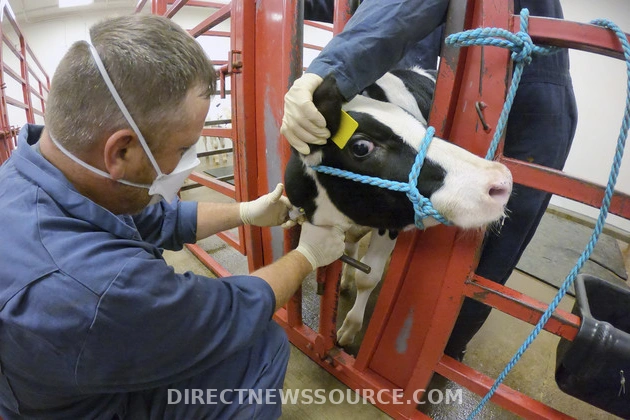
Bird Flu Mutations and Potential Pandemic: What You Need to Know
Scientists at the Centers for Disease Control and Prevention have detected mutations in H5N1 bird flu cases in Louisiana and British Columbia that could increase the virus’s transmissibility to humans, raising concerns among health experts.
Human Infection Risks
The mutations found in severe respiratory illness patients suggest a higher affinity for human upper respiratory tract receptors, hinting at potential human-to-human transmission.
Potential Health Crisis
Public health experts fear a larger undetected infection pool, anticipating significant challenges for the incoming administration in managing health and agricultural emergencies.
CDC’s Response and Criticisms
Deborah Birx, former White House coronavirus coordinator, criticized the CDC for inadequate testing and surveillance, emphasizing the importance of proactive pandemic prevention strategies.
Warning Signs
Health policy veterans like Scott Gottlieb echo concerns about insufficient testing, highlighting the urgency of preparedness to avoid potential blame for uncontrolled outbreaks.
CDC’s Testing Updates
The CDC refutes claims of inadequate testing, citing increased surveillance measures and expanded testing capacities to monitor and detect novel flu viruses.
Current Risk Assessment
Despite some states declaring emergencies, the CDC maintains that the risk to humans remains low, focusing on safeguarding livestock and wildlife from ongoing outbreaks.
Stay informed and vigilant as the situation evolves to protect yourself and your community from potential health threats.















